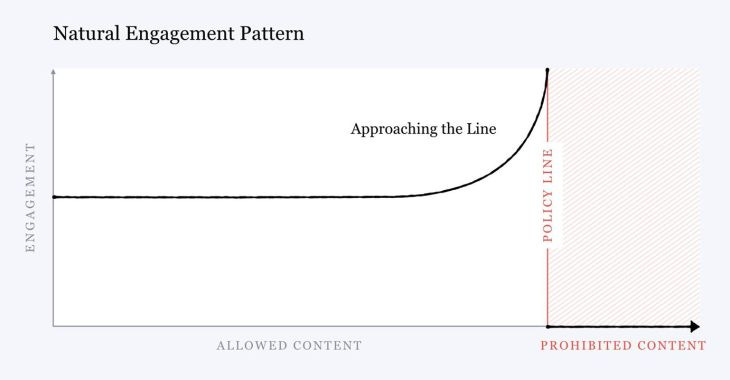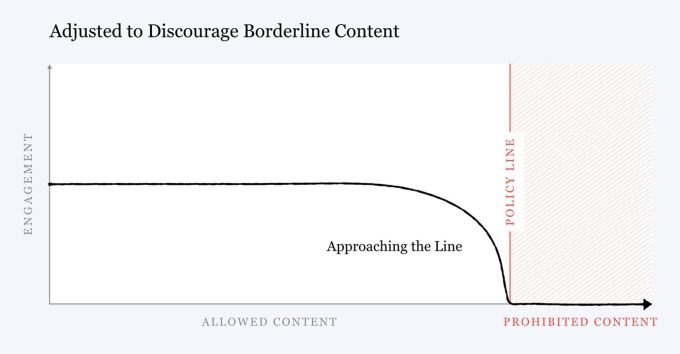Why be scared of a free twitter?
I am not scared of the park just because anti-Semitism is allowed there!
After originally trying to back out of the deal, Elon Musk is once again offering to buy Twitter at a price that is hard to turn down.
The reason Musk wants Twitter this time is the same reason he wanted it before—to allow all legal speech on the platform. This would presumably include falsities, lies, and hateful speech, which are all legal, but it would exclude things like threats of violence or child pornography, which are illegal.
This is scary to much the same people who found it scary the first time around: liberals and leftists who have decided that anyone who believes in free speech on major social media “has a high school stoner level grasp of societal issues,” as Facebook’s former “head of civil integrity” put it to Time magazine, whose coverage endorses his opinion as one of those “on the frontlines of the fight for democratic spaces online” (democracy is where plutocrats in Northern California decide what’s banned, as opposed to deferring to the rules of the democratically elected government).
I think that guy is wrong for a number of reasons, and I think free speech on major social medias would be quite a bit better for the country than the status quo. Companies that promise to remove “hateful speech” or “misinformation” are bad at determining the boundaries of either, and in many cases, I suspect the censorship backfires anyway. Plus, free speech seems to work totally fine outside of the internet, and it existed on social media for years before about 2017, so I am not convinced it would be so bad.
What are the odds the twitter employees have solved all of the world’s deepest questions?
What is true and what false? What is good and what is bad? These are two of the most common debates humans have had in our long and storied history of debating. But powerful people at the top of social media companies, along with many academics and journalists who support their view, have come up with ways of talking about these deep philosophical questions in ways that make the answer seem obvious, and those that don’t agree with them as unserious or childish.
This is the language of “misinformation,” “disinformation,” and “hate speech.” But it is all the same debate—misinformation is an incorrect statement; disinformation is a lie; and “hate speech” is just speech that has been determined to reach a certain level of bad.
I don’t just have to doubt that Twitter always knows what’s right—we already know that they get it wrong. When the New York Post published their story about Hunter Biden’s laptop and its unseemly contents, Twitter prevented its algorithm from naturally boosting the story, then suspended the New York Post’s twitter account, prevented you from using Twitter DMs to send someone else the story, and eventually banned from its site all links to the story. Roughly the same thing happened on Facebook.
After all that, we found out that the story was completely correct, verified by both the New York Times and the Washington Post.
I think the fact that Twitter prevented people from communicating true things is notable. It was not their first time doing it, and it will not be their last. It is just evidently true that Twitter and Facebook have not reached any particularly high degree of accuracy in determining truth (or hate) because determining truth (and hate) is just genuinely super hard to do.
And if they can’t successfully determine what is true and what is hate, then I would prefer a system where lies and hate are not removed, so I can choose for myself what I want to believe. And I hope Twitter becomes that place.
It’s quite possible it just backfires anyway
I think there are two ways in which censorship can backfire, the first being through the “Streisand effect,” where the thing that is censored becomes more attractive because it is censored. Though this can happen sometimes, I don’t think it renders censorship ineffective. The fact that all big social media companies now aggressively censor hate speech does actually mean that for the average user of the internet, they see less hate speech than they used to. Because these companies are huge and powerful and their products are addictive, you’re not going to switch to a free speech site immediately. And sometimes if you decide you want to, the big companies strike against those free speech social medias and temporarily prevent them from being operable.
But I think the other kind of backfire is more meaningful on the internet. This kind of backfire is when you censor a group of people from a mainstream social media, so they go socialize in some more intense and insular forum.
This is what happened with the incels, a group of depressed, rarely violent misogynists who want to have sex but think they aren’t able to because modern women are so misguided and stupid. I remember in high school going to the incel forums on Reddit and reading through them because I am a weird guy who likes falling down internet rabbit holes and writing a substack blog. What I saw on those subreddits was certainly vile and offensive (although it was mostly just sad), but I was told it would all be ok when Reddit banned that forum from their website.
But it’s not all ok! Now the incels found their own more insular forum. And as you might be able to imagine, it’s actually uglier, so much uglier, than when they used to be on Reddit. According to one report given fawning coverage in the Washington Post, “The online incel movement is getting more violent and extreme.”
So what did we gain from banning the incels? A more violent and extreme group, but at least it’s not so easy to find them from the Reddit home page.
Is the offline world so deeply unpleasant?
Our society doesn’t need censorship online.
We know what a public square looks like without bans for misinformation, disinformation, and hate speech. And that public square is called the offline, tangible world. It is legal for someone in the park to call me a slur, and it’s legal for them to lie to me, and it’s legal for them to tell me something they think is true even if the experts say it’s false.
And that public square is not so bad! I like going to the park, I like going to the beach, I like going to libraries, and I like walking down random sidewalks. In my many years of existing in public, I have heard falsities, I have heard lies, and I have heard hate speech. And it’s unpleasant, but it’s just something we as Americans have agreed to tolerate because we believe the alternative of censorship would be even worse. And I think we are right.
If you believe bad speech spreads more easily on the internet, I understand your worry. But I’d ask you to consider that social media is older than five years old, and many of these major social medias were founded as places for free speech. And it was fine back then! Really, it was. All media coverage suggests the internet is a scarier, more dangerous place today.
But one thing that changed since that era was that social media companies introduced algorithms to make their platforms more addictive, and those algorithms favored content that the NorCal plutocrats did not like, so they banned some of it, but then the content that merely approached being banned started to “win” the algorithm.

So then, social media companies decided to make sure even “borderline” content wasn’t promoted, and so now it looks like the below graph, where social media users are subjected to plutocrat-approved, algorithmically-boosted, addictive slop.
Here’s what that slop looks like, from the Snapchat Discover page. I took this screenshot today, but I could have taken it any day. It’s always the same garbage.
So let the free speech believers have Twitter!
I think I have made a case for why free speech on major social media is not a bad thing, and is in fact a good thing. We get access to “misinformation” that might actually be true, we can gauge for ourselves what is “hate speech” and what is not, and we don’t banish the hateful to ever more insular internet corners.
But for those still skeptical, I also want to lower the ante. If he succeeds, Elon Musk will buy Twitter and make a free speech social media out of the the 15th biggest social media site in the world. Facebook is way bigger, and I assure you the same type of people who run it now will still run it five years from now.
If you think Twitter has outsize influence because all the big names are on it, then I think you should believe in your anti-free speech convictions and rest assured in believing the big names will leave to some sanitized social media because they don’t want to encounter the kind of offensive tweets that Kanye will tweet out.
But I think free speech on major social media is a good thing, and I am excited for a Twitter where the limits are set by the government and not some collection of overly sensitive Northern California plutocrats.






Great article marc. You inspire me every day 💜